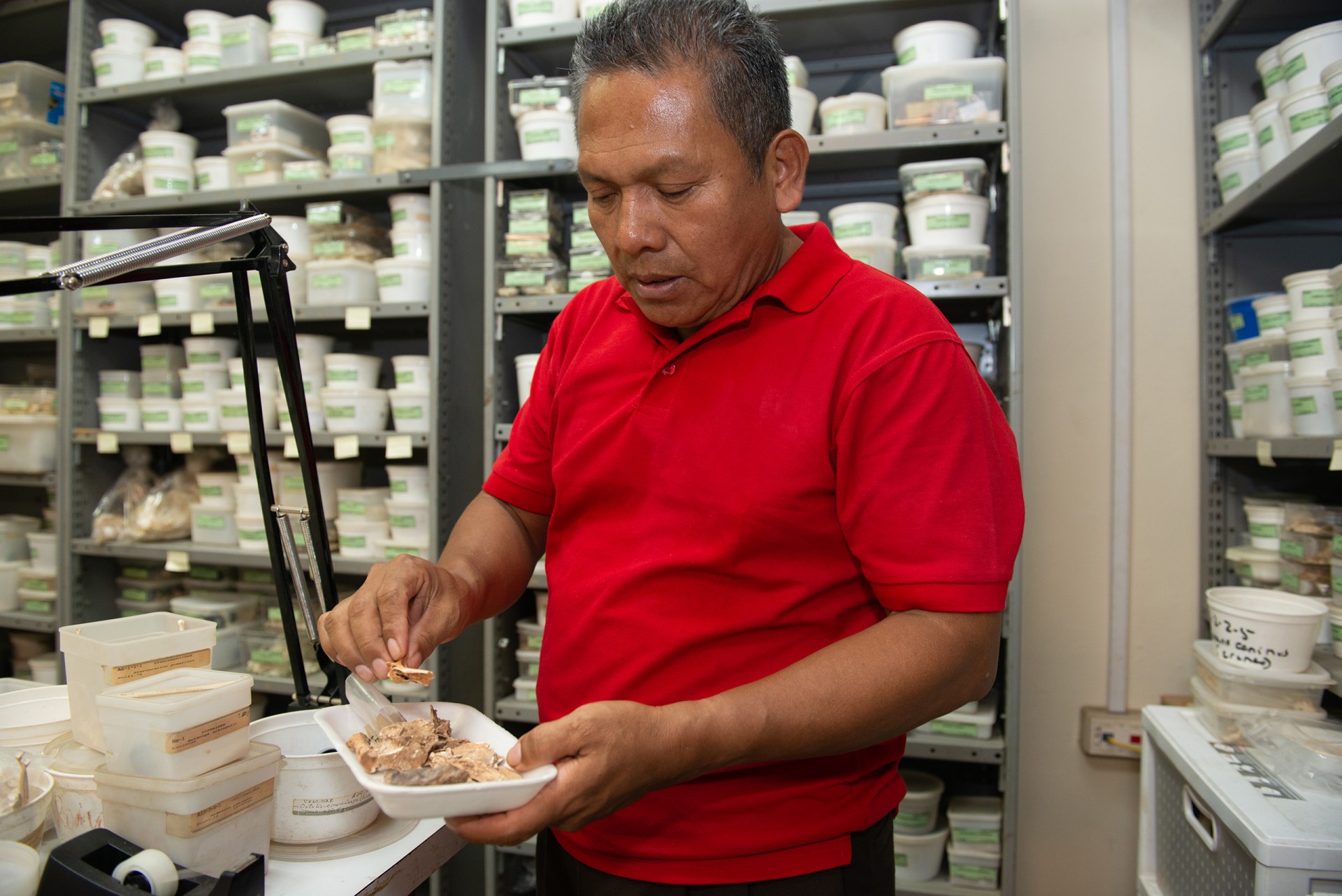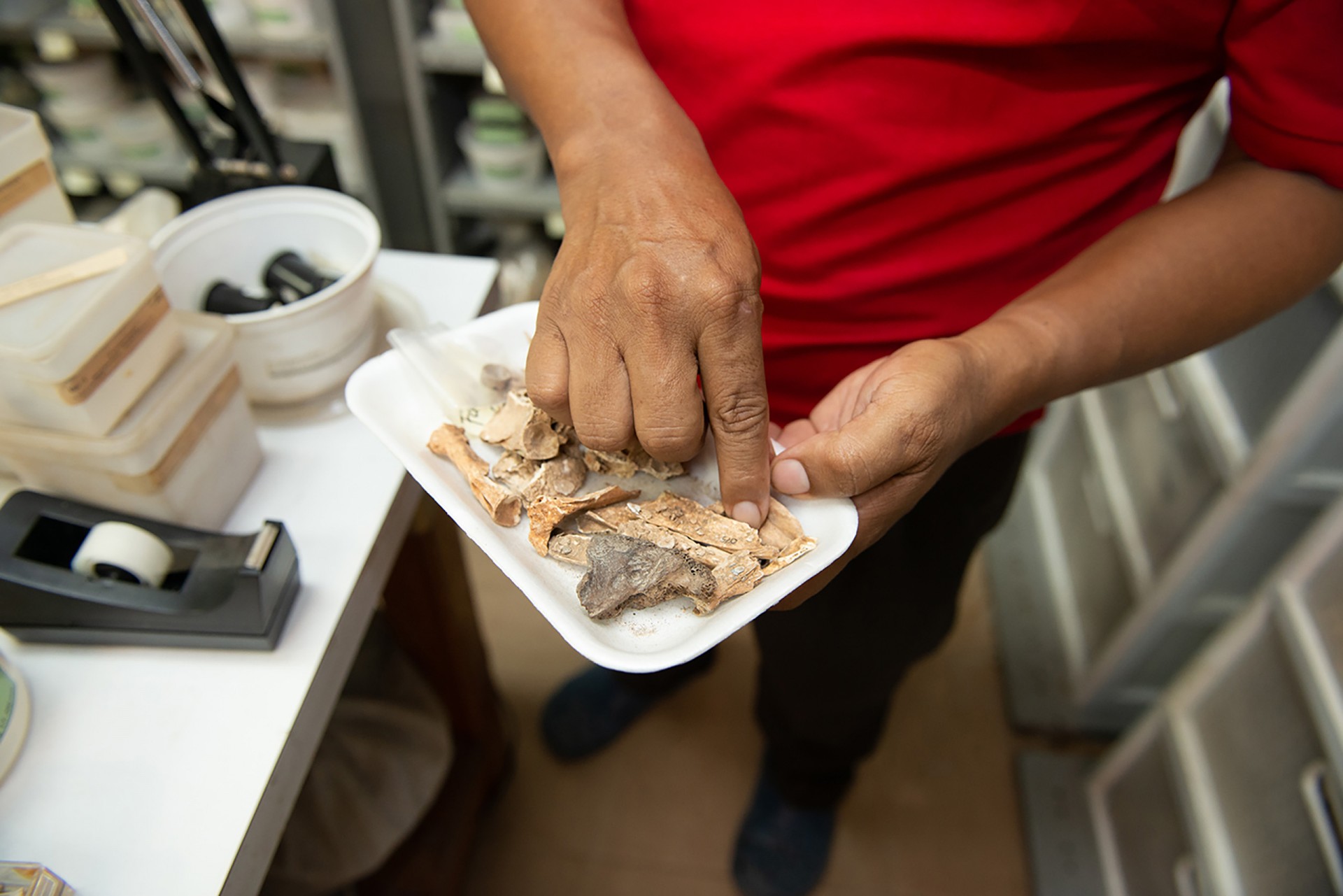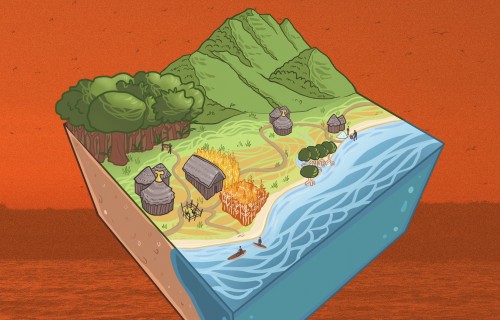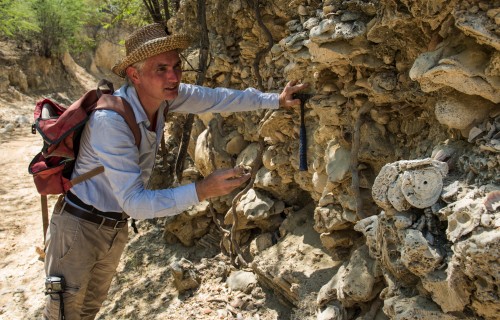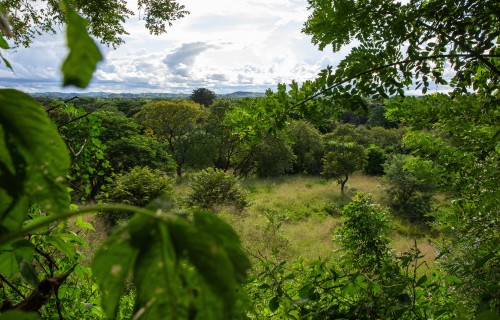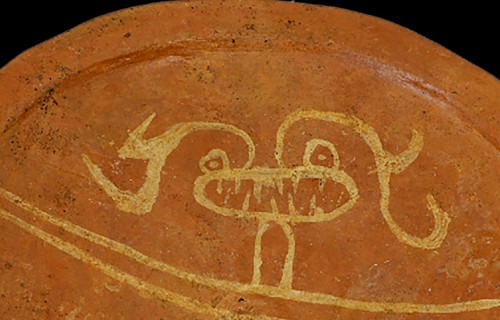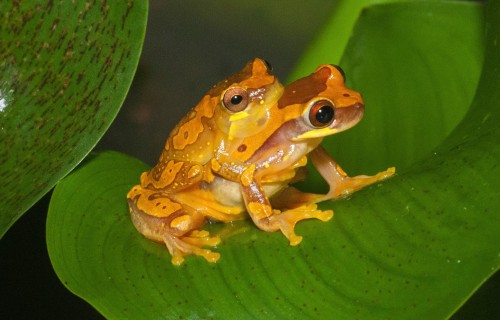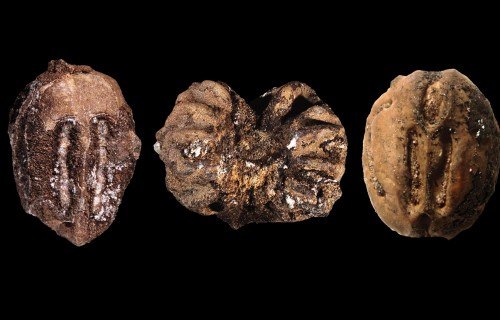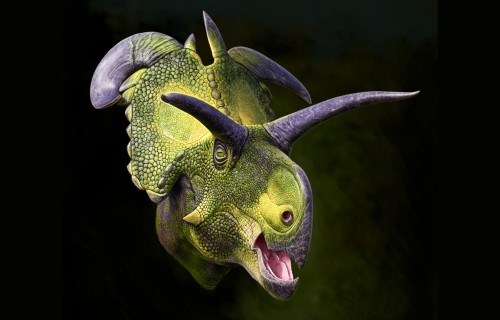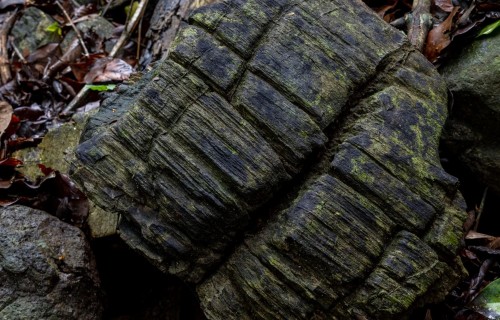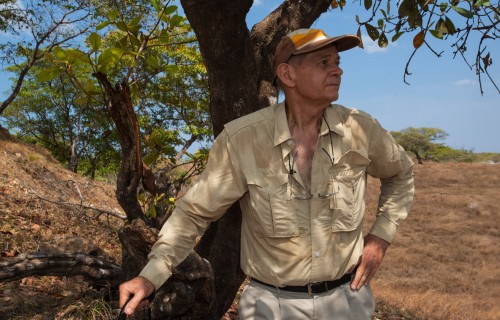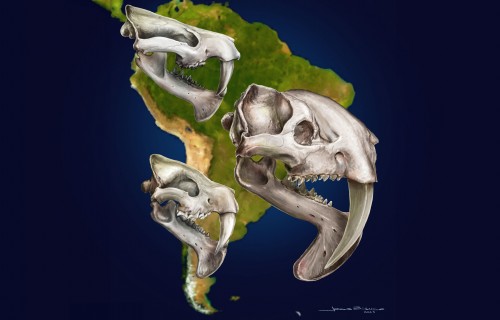Recognition
Richard Cooke joins International
Council for Archaeozoology’s
Committee of Honor
Naos
STRI staff scientist Richard Cooke has been elected to the Committee of Honor of the International Council for Archaeozoology, of which he has been a member since 1993.
Richard Cooke, archaeologist and staff scientist at the Smithsonian Tropical Research Institute (STRI), was selected as a member of the Committee of Honor of the International Council for Archaeozoology (ICAZ). Cooke was nominated and inducted in 2020 for his pioneering research on faunal remains from neotropical societies in the Americas. The Committee of Honor is comprised of individuals who have made a major contribution to the field of archaeozoology or to ICAZ, and they are elected by majority of votes by the International Committee of ICAZ.
Cooke, who earned his doctoral degree at the London University Institute of Archaeology in 1972, has lived in Panama for nearly fifty years. He did his Ph.D. thesis in the region of Greater Coclé on Native American sociocultural development in the region, and is a preeminent scholar of the archaeology of Panama. He completed a post-doctoral fellowship at the Smithsonian Tropical Research Institute (STRI) in 1974, and became a STRI staff archaeologist in 1983.
Richard Cooke is a preeminent scholar of archaeology in Panama. Credit: Sean Mattson.
Archaeozoology, the interpretation of animal remains found at archaeological sites, has been Dr. Cooke’s special area of expertise as he explores Native American sociocultural development, subsistence adaptations and survival, from the late Pleistocene to the present day. He shows how archaeozoology can be used to reveal information about the human diet and to address anthropological questions about taboos, short- and long-distance trade, cultural groups, gender, life-stage identity and ceremonial attire.
Richard Cooke joined the International Council for Archaeozoology in 1993, but prior to that he participated in the ICAZ Fish Remains Working group, hosting their 9th annual meeting in Panama City, Panama. He has contributed to several ICAZ publications, including chapters on animal symbolism in art and ritual and on marine catfish osteology, ecology and behavior.
“The ICAZ Committee of Honor is perhaps the highest award one can achieve in the discipline of archaeozoology,” said research archaeologist and STRI staff scientist, Ashley Sharpe. “Notably, Richard is one of the very few individuals working in the American tropics who has been given this award. This is partly due to the fact that there are far fewer archaeozoologists in the American tropics compared to other areas of the world, but fortunately due to the efforts of scientists like Richard, this pattern is changing. He has done a tremendous job training young researchers from Latin America and getting people interested in the diverse history of ancient cultures from the tropics.”
“Richard is a preeminent Latin American archaeologist. His receiving this award is a well-deserved honor,” says archaeologist and STRI senior scientist Emerita, Dolores Piperno. “It brings further international distinction to STRI and its tropical research.”
Cooke is being recognized for his pioneering research on faunal remains from neotropical societies in the Americas. Credit: Carl Hansen.
Cooke also received awards and honors including membership in the Order of Vasco Núñez de Balboa, Distinguished Member of Panama’s Sistema Nacional de Investigadores and membership in the Most Excellent Order of the British Empire, an honor bestowed by the Queen of England.
ICAZ, a nonprofit organization, was officially formed in the 1970s to develop and stimulate archaeozoological research, strengthen cooperation among archaeozoologists, foster cooperation with archaeologists and scientists working in related fields and promote high ethical and scientific standards in the field. It is comprised by over 500 members from more than 50 countries around the world.


